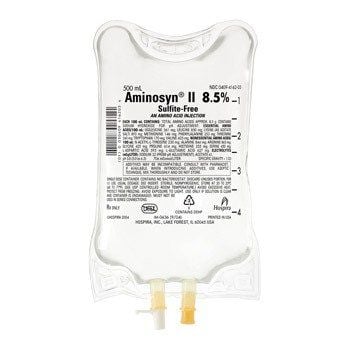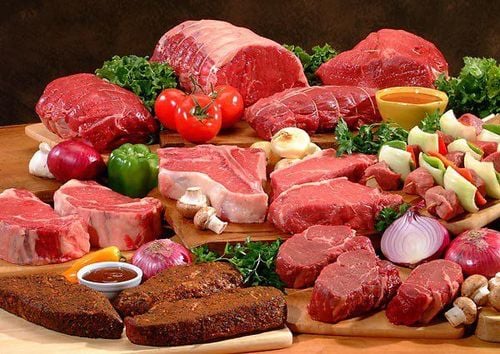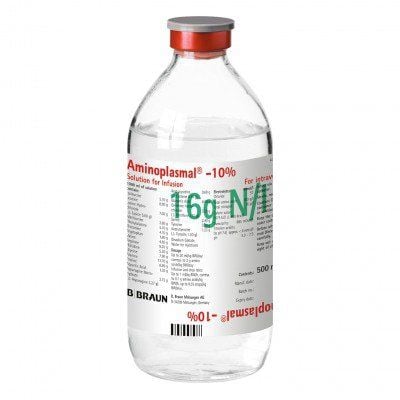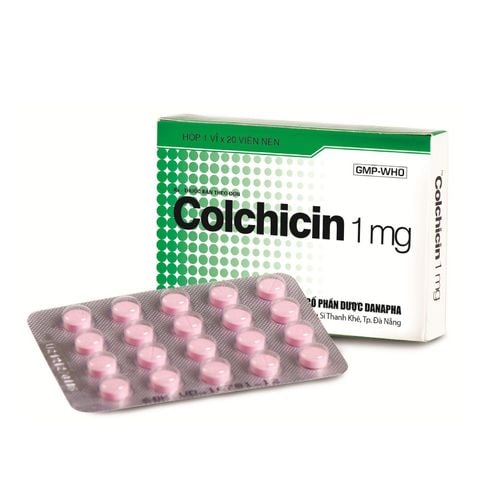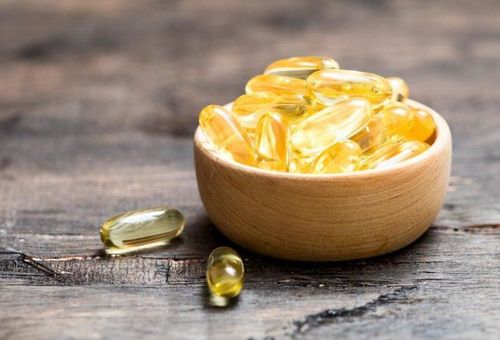This is an automatically translated article.
Protein or protein is an essential part of a healthy diet. It helps build and repair muscles, organs and bones. However, high protein diets are also associated with some risks that you need to be aware of.1. What happens when you overeat protein?
Overconsumption of protein can lead to an increased risk of several health complications.
1.1 Weight gain A high-protein diet can help with weight loss, but this type of weight loss is short-term.
Excess protein will usually be stored as fat, while excess amino acids will be excreted. This can lead to weight gain over time.
1.2 Bad breath Eating large amounts of protein can lead to bad breath, especially if you limit your carbohydrate consumption. That's partly because your body goes into a metabolic state called ketosis, which produces chemicals that smell like fermented fruit.
1.3 Constipation Because a high-protein diet restricts carbohydrates, it results in less fiber and leads to constipation. So you need to increase your water and fiber intake to help prevent constipation.
1.4 Diarrhea Eating too much dairy or processed foods, along with a lack of fiber, can cause diarrhea. This is especially true if you are lactose intolerant or consume protein sources like fried meat, fish and poultry.

Việc tiêu thụ quá mức protein có thể gây ra tình trạng tiêu chảy
1.5 Dehydration Due to an excess of protein, the body excretes excess nitrogen along with fluids and water. This can cause dehydration even though you may not feel more thirsty than usual.
1.6 Increases Cancer Risk Studies have shown that certain high-protein diets, especially red meat protein, are associated with an increased risk of various health problems, including cancer. . Eating a lot of red and/or processed meat has been linked to colorectal, breast and prostate cancers.
On the contrary, eating protein from other sources may help reduce cancer risk by limiting the amount of hormones, cancer-causing compounds and fats found in meat.
1.7 Heart Disease Eating a lot of red meat and fatty dairy foods in a high-protein diet can lead to heart disease. This is due to increased consumption of saturated fat and cholesterol.
1.8 Gout Gout develops when there is too much uric acid in the blood. This excess of uric acid can be the result of a diet high in purines or an overproduction of uric acid by the body.
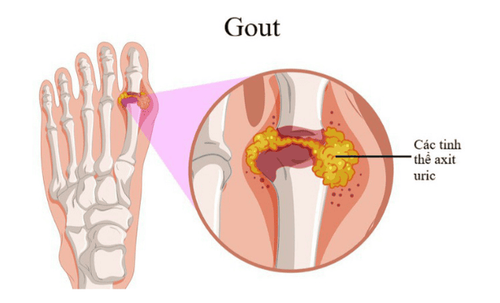
Người tiêu thụ quá nhiều protein có thể gặp tình trạng bệnh gout
2. How much protein is enough?
The ideal daily amount of protein that you should consume depends on a number of factors, including age, gender, activity, health, and several others. However, in most cases, the recommended daily amount of protein for adults can be calculated based on body weight. For most adults with minimal physical activity, experts recommend a minimum daily average of 0.8 grams of protein per kilogram of body weight. If you exercise for more than an hour a day, you can eat up to 1.2 to 1.7 grams of protein per kilogram of body weight per day. However, some people like athletes can eat up to 3.5 g/kg body weight without any side effects. In general, experts also believe that most healthy adults can eat 2g of protein/kg of body weight per day over the long term.
3. The best sources of protein
When choosing foods rich in protein, you should choose healthy food sources. This may help reduce the risk for some of the negative effects of a high-protein diet. Healthy sources of protein include:
Lean animal meat Fish eggs Chicken
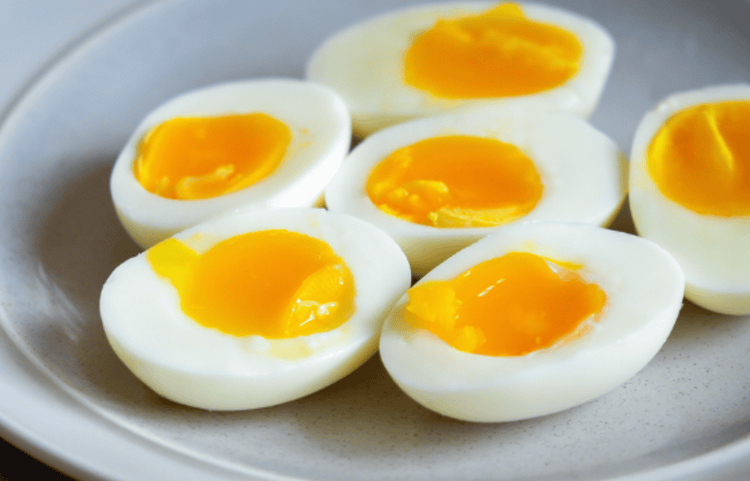
Trứng gà là nguồn protein lành mạnh đối với sức khỏe con người
Organic Milk Legumes Nuts Grains Try to avoid high-fat meats and dairy products as well as fried or processed protein sources.
4. When do you need to see a doctor?
You need to carefully weigh the risks of a high protein diet to determine if it is right for you. To know for sure, you should consult your doctor before starting any new diet, especially if you have additional medical conditions.
Your doctor and dietitian can help you weigh the pros and cons of a high-protein diet based on your individual needs.
Overall, you need a healthy, balanced diet that encourages an active lifestyle. Organize your work and life plan to achieve the goal you are aiming for, whether it is weight loss or muscle gain, in the most beneficial way for health and long-term maintenance.
Any questions that need to be answered by a specialist. You can contact Vinmec Health System nationwide or register online HERE.





